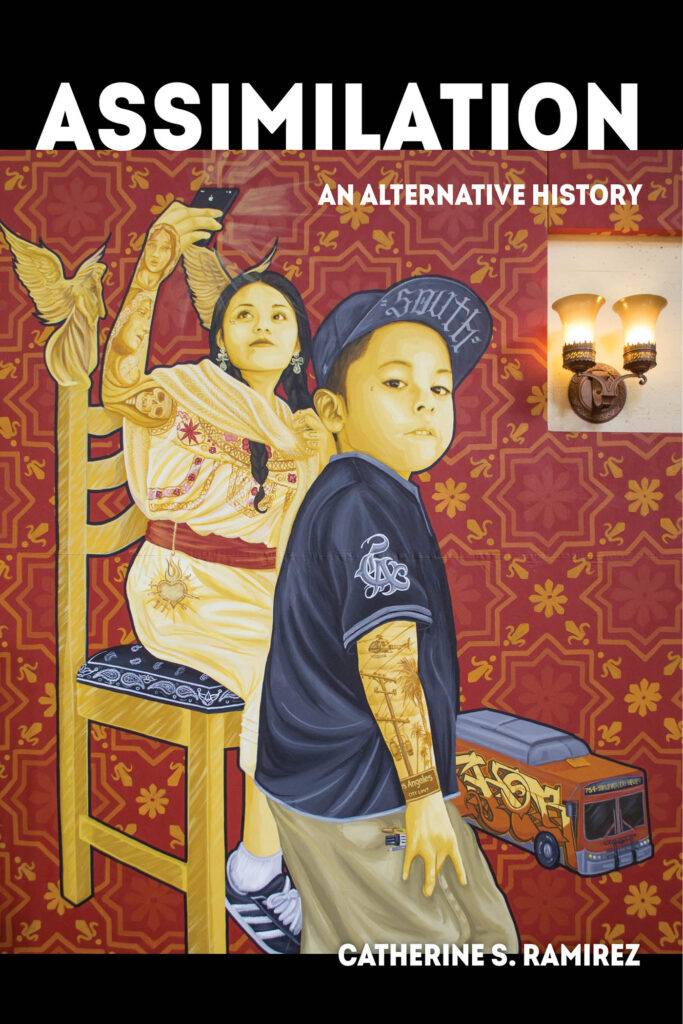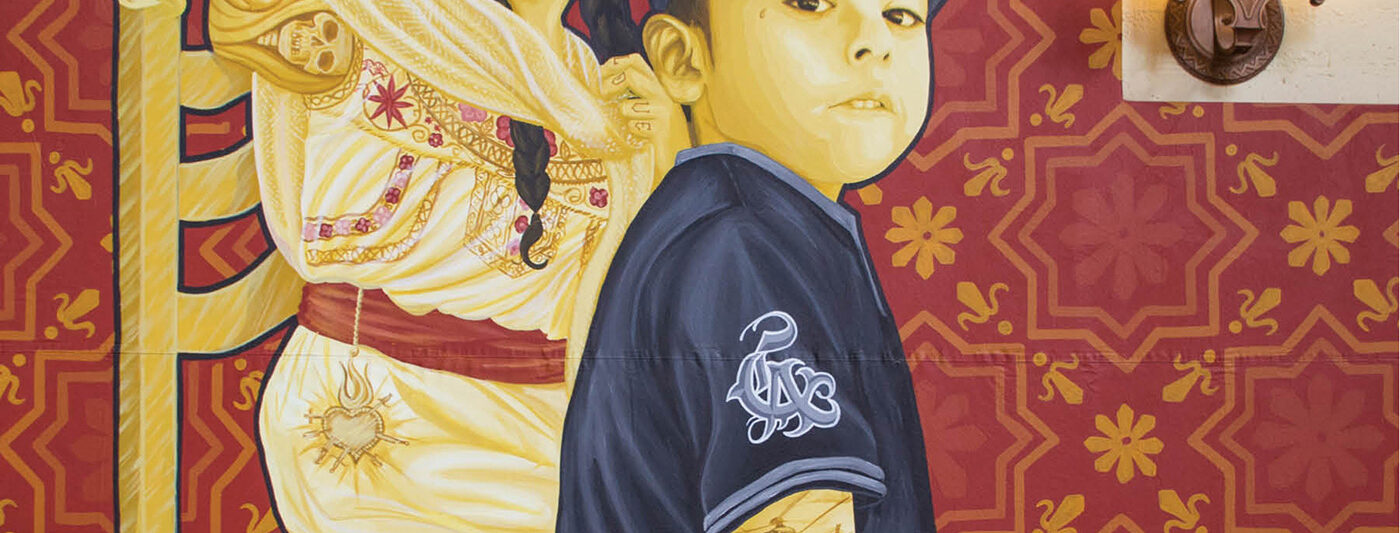
Assimilation: An Alternative History (University of California Press, 2020) explores the history of the concept of assimilation in the United States. A pillar of the US nation-making project, assimilation is widely regarded as an outcome of immigration: it is the process by which immigrants turn into Americans.
My book decouples immigration and assimilation and probes the gap between assimilation and citizenship to show how certain people who are not immigrants or who are not recognized as “real” or legitimate immigrants have been assimilated as racialized and subordinate subjects. Using archival sources and textual and visual analysis, I study the Puerto Ricans who attended the Carlisle Indian Industrial School; the disconnect between narratives about African American racial passing and theories of assimilation; how the logic of deservingness and the imperatives of meritocracy bind the Cold-War-era model minority and the twenty-first-century Dreamer; and the ways dissident Dreamers, self-proclaimed undocuqueers, and Indigenous migrants complicate and expand ideas about immigration and assimilation.
Ultimately, my book argues that assimilation is not only a result of immigration; assimilation is also a consequence of Indigenous dispossession, US imperialism, slavery, and an immigration apparatus that produces illegality and permanent temporariness. A relationship of power, assimilation is the process whereby the boundary between unequal groups and between inside and outside blurs, disappears, or, paradoxically, is reinforced.
The University of California Press is offering a 30% online discount on Assimilation. Use code 17M6662 at check out.
Related Materials
- Redefining assimilation on Misma Project
- Assimilation garners an Honorable Mention for the 2019-20 Modern Language Association Prize in United States Latina and Latino and Chicana and Chicano Literary and Cultural Studies!
- What makes my approach to studying assimilation distinctive
- What inspired me to write Assimilation
- How assimilation is connected to visions of the future
- How the coronavirus pandemic illustrates the paradox of assimilation
- Why “Latinx assimilation” is a fiction
